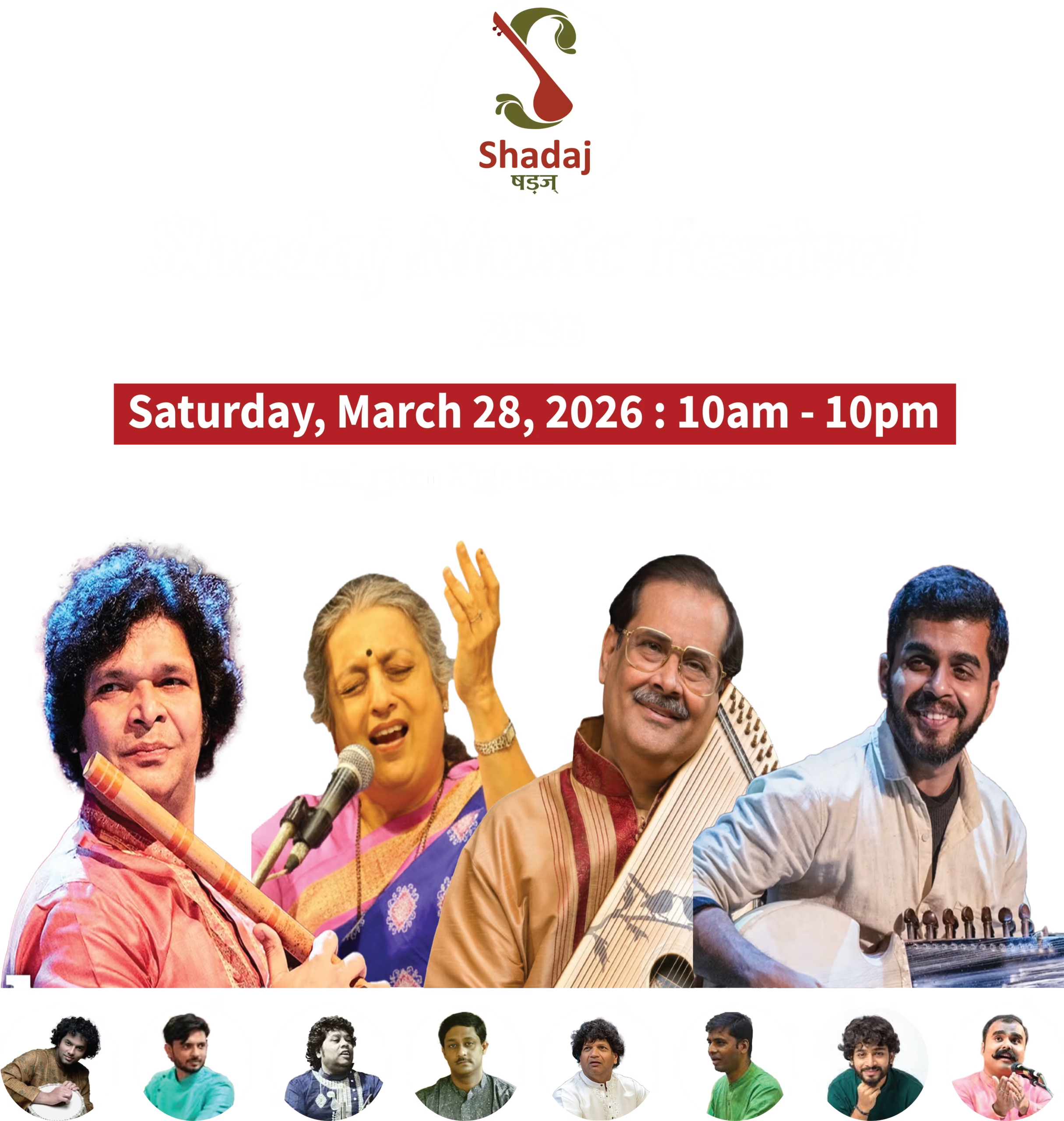An annual festival in celebration of the music of Pandit Vasantrao Deshpande, a renowned Marathi classical vocalist, was brought to the US this year. Shadaj, a non-profit organization in the Greater Boston area, organized the event at Collin Center for Performing Arts in Andover on October 8, 2023. Rahul Deshpande and Priyanka Barve, showcased their remarkable talents for classical and contemporary music with everything in between, evoking joyous and nostalgic emotions for a diverse audience.
